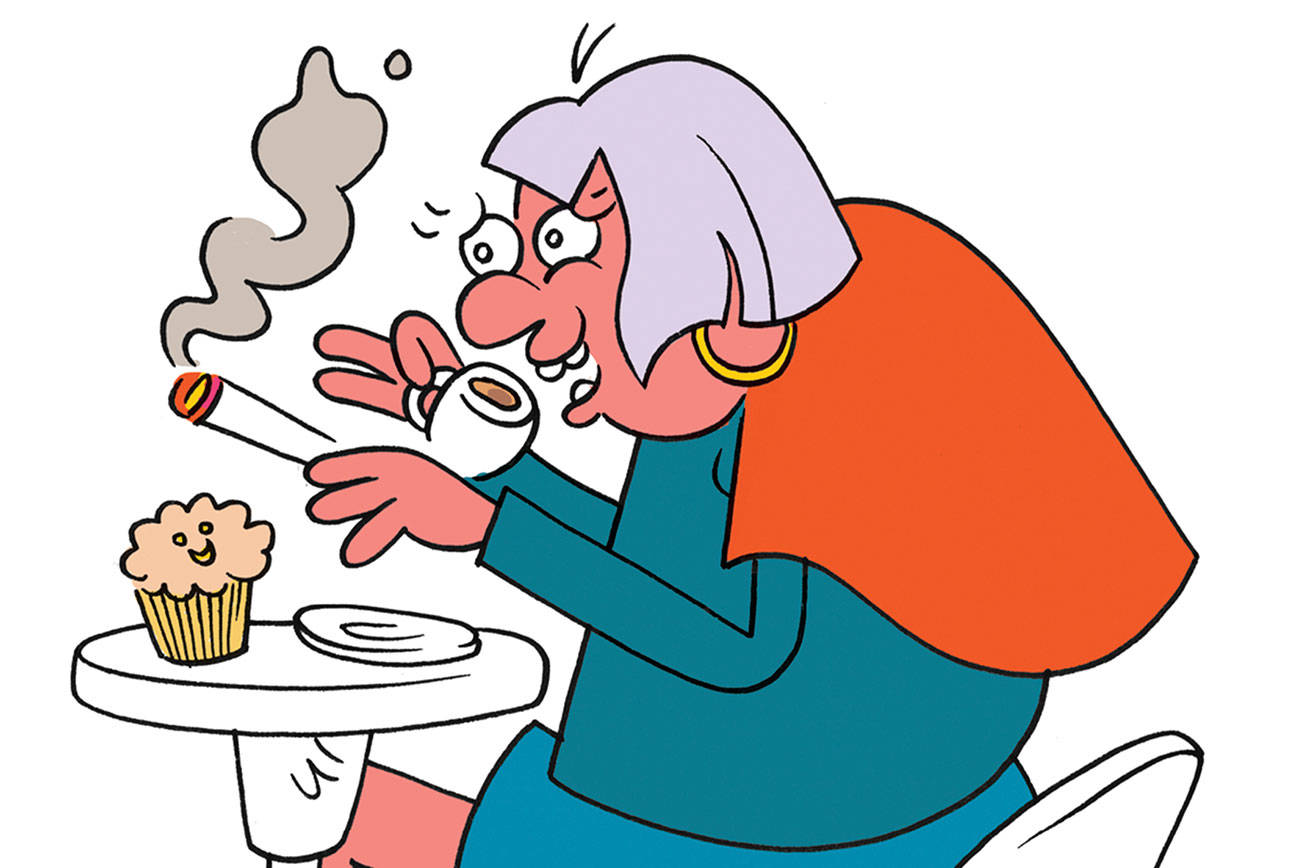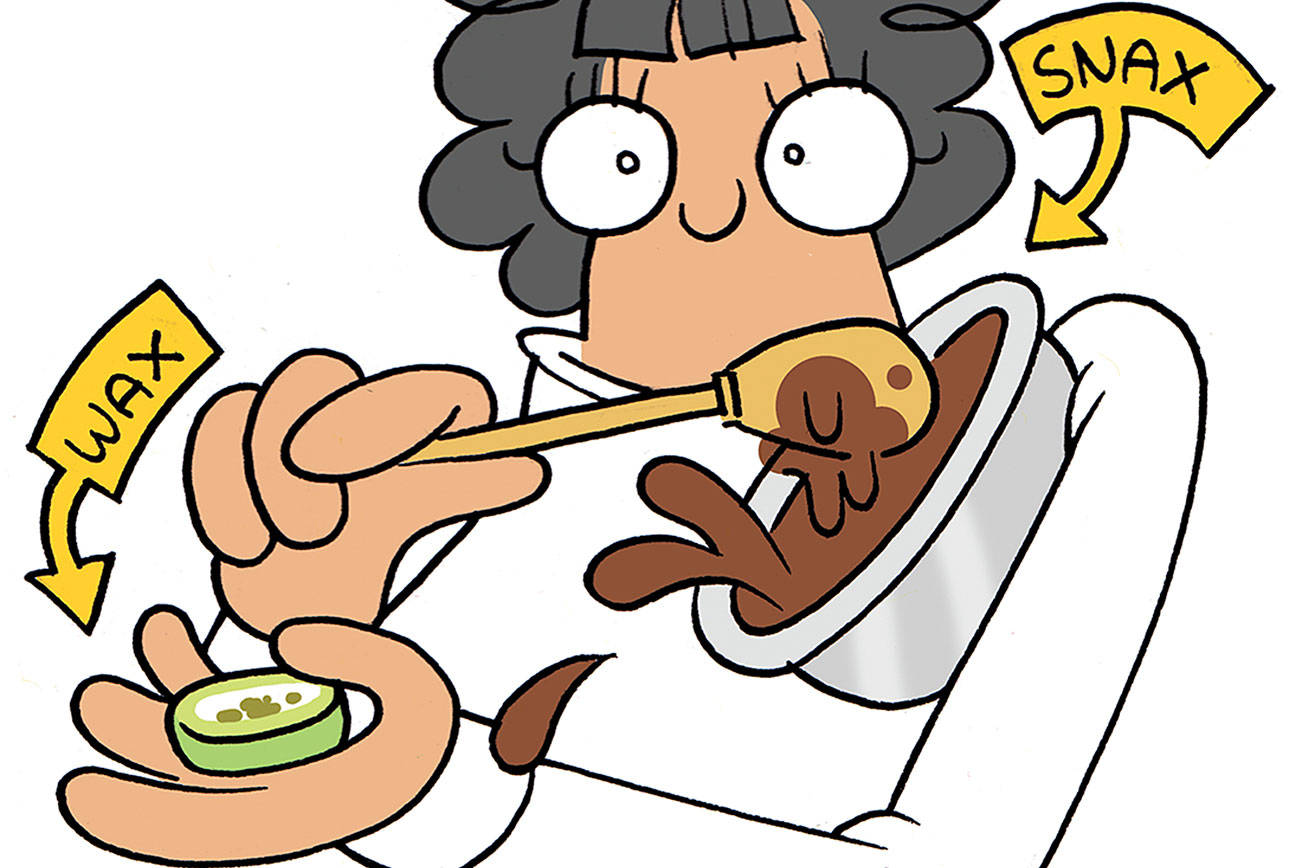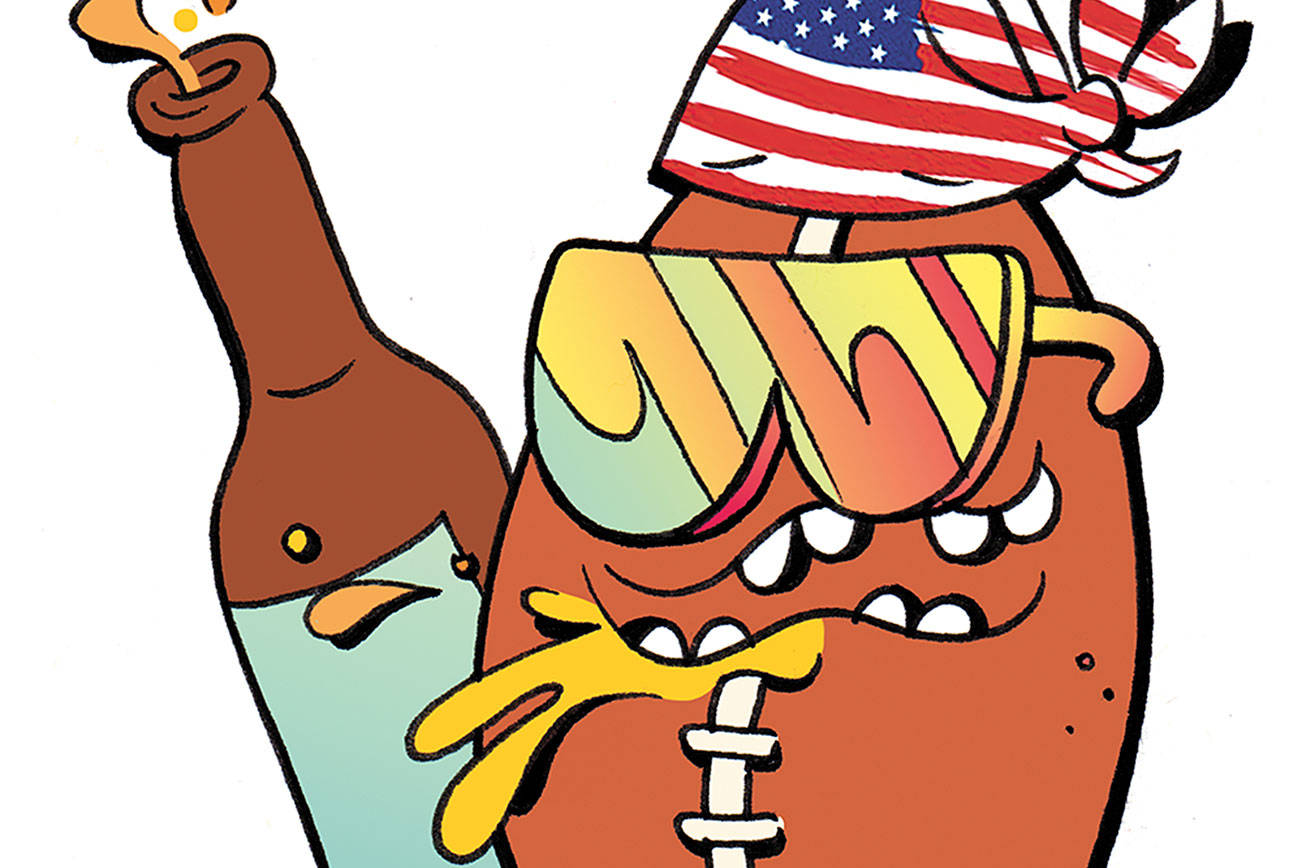In 2009, Portland opened the country’s first cannabis cafe. Technically a private club, The Cannabis Cafe was open to people over 21 who were members of Oregon’s branch of the National Organization for the Reform of Marijuana Laws (NORML) and also had a medical-cannabis card. For $25 a month, members would be provided weed by budtenders, which they could then smoke onsite. The coffeehouse thrived until last year when Oregon’s indoor smoking ban squashed the business’ last legal foothold.
In the late 2000s, dispensaries sprang up on corners across the country (including Seattle’s), taking advantage of Obama’s relaxed cannabis attitude. They offered safe, clean spaces where medical-cannabis users could buy their weed, get high, and hang out with other patients. Some dispensaries would charge a small membership fee, but everyone had to have a medical card.
In 2013, just a few months after we passed Initiative 502 here in Washington, the members-only gothic-industrial club Mercury started a once-a-month cannabis-friendly night called Green Machine. Open to people who were already members of the club and over 21, Green Machine made history by offering the first legal space for people to use recreational cannabis in public in American since its prohibition in the 1930s. Attendees had to bring all their own weed and smoking, vaping, or dabbing devices, and sharing or trading was strictly not allowed. The speakeasy-style night boasted cool silent movies and all genres of music from the past century. It lasted only a year, however, done in by the same changing laws that shut down dispensaries that allowed onsite consumption.
One of the biggest hurdles for a recreational-cannabis coffee shop is the smoking ban. In general, it includes not only smoking, but dabbing and vaping as well. However, you can get around this by making the club private and requiring a membership. Membership-based weed clubs are nothing new, but they don’t foster a sense of community like the classic public coffeehouses in cities like Amsterdam or Barcelona.
Really, I’m longing for something beyond even what those places offer. I have a vision of heading to my local coffee shop, grabbing a shot of espresso infused with an uplifting sativa, and getting on with my day. Or meeting with a friend, tucking into a corner, and catching up over a cup of tea and a preroll. Or loading up a dab while brainstorming with my anarcho-witches group. Coffee shops have been centers of community for people gathering and networking in urban settings for hundreds of years, accessible by most people, poor and rich alike.
Instead, the trend may be moving toward a more elite, high-end, membership-based experience. Businesses like Green Space in Portland or Hitman Coffee Shop in Los Angeles offer monthly and yearly memberships to buildings that allow you to use weed on site. Memberships range from $7,500 to more than $30,000, which grants you access to … well, everything except weed. That you still have to provide for yourself. Amenities include free wifi, one coffee drink per day, workspace, boardrooms for meetings—all the way up to spaces that can be turned into spas or nightclubs, concierge services, and limo pick-ups. All so you can have access to a space where you can legally smoke weed. Seems like a lot.
And while Colorado and parts of California are slowly moving toward possible legislation that would allow open recreational use, I just assumed by now that bans on most forms of public cannabis consumption—like Prohibition—would be an uptight relic of the past.
stashbox@seattleweekly.com







